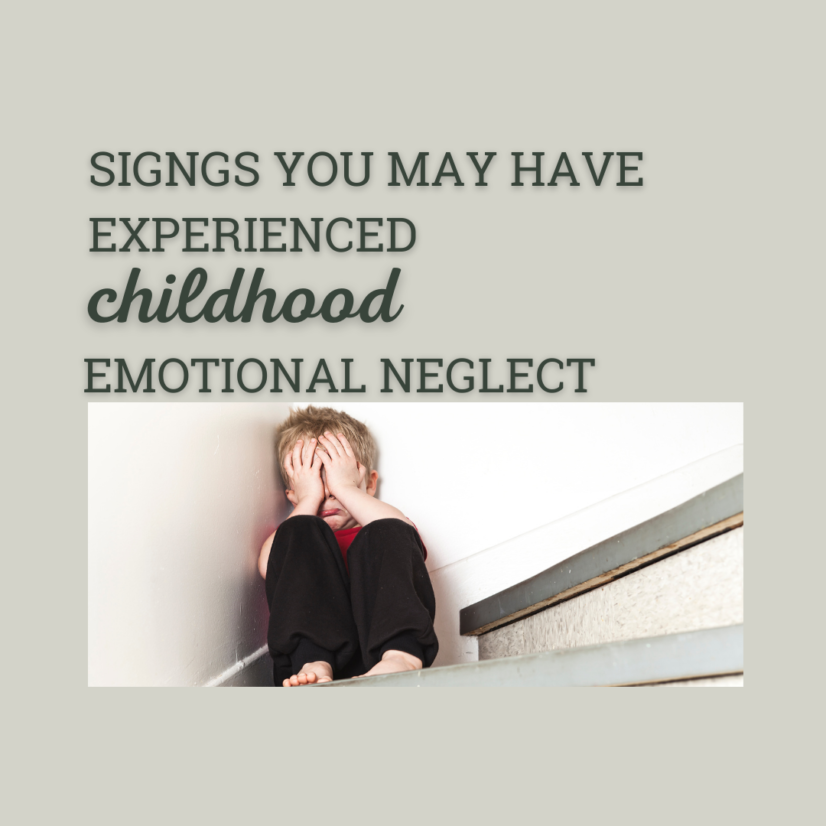Did you have a normal childhood with good parents, yet still feel unhappy or unsatisfied with your life?
Maybe you suffer from depression, anxiety, or anger management problems and don’t have any idea why, because you experienced absolutely no abuse or trauma in your childhood. Are you married with beautiful children, a loving spouse, and respectable job, yet still feel like something is missing in your life? Maybe you can’t quite put your finger on it, but you feel empty inside.
Jonice Webb, PhD has written extensively about a much-needed subject: Childhood Emotional Neglect. She has even written a book, Running on Empty, about this insidious form of dysfunction in families that has such a powerful effect on adulthood. She has a quiz on her website that can help you determine if you suffer from the effects of childhood emotional neglect.
Here is what Jonice Webb, PhD has to say about childhood emotional neglect:
“Emotional Neglect is a parent’s failure to respond enough to a child’s emotional needs. Emotional Neglect is, in some ways, the opposite of mistreatment and abuse. Whereas mistreatment and abuse are parental acts, Emotional Neglect is a parent’s failure to act. It’s a failure to notice, attend to, or respond appropriately to a child’s feelings.”
Those who experienced emotional neglect in their families, often have no idea that it exists.
Yet, our childhoods follow us into our adulthood, where they have a significant impact.
Here are some clues that you experienced childhood emotional neglect:
- People pleasing
- Not having a voice, being unable to stand up for yourself or speak your truth
- Lack of ability to set healthy or appropriate boundaries with others
- Unable to feel your feelings or unaware of what you are feeling
- Being unsure of what you really want or need
- Feeling like you are “on the outside looking in” at everyone else who is engaged in living life fully; feeling like “life is just passing you by”
- Feeling hopeless, purposeless, or having suicidal thoughts, even though you have a good life
- Feeling that you are “bad” or inherently flawed in some way
- Feeling inadequate or simply not good enough
There are many more signs and symptoms. The good news is that there is hope for healing from the devastating impact of emotional neglect experienced during childhood.
Once you have identified yourself as having experienced emotional neglect in childhood, learn as much as you can about this subtle, yet common phenomenon. Also, seek out a therapist who is knowledgeable and qualified in working with the effects of childhood emotional neglect.
Written by: GROW Staff

